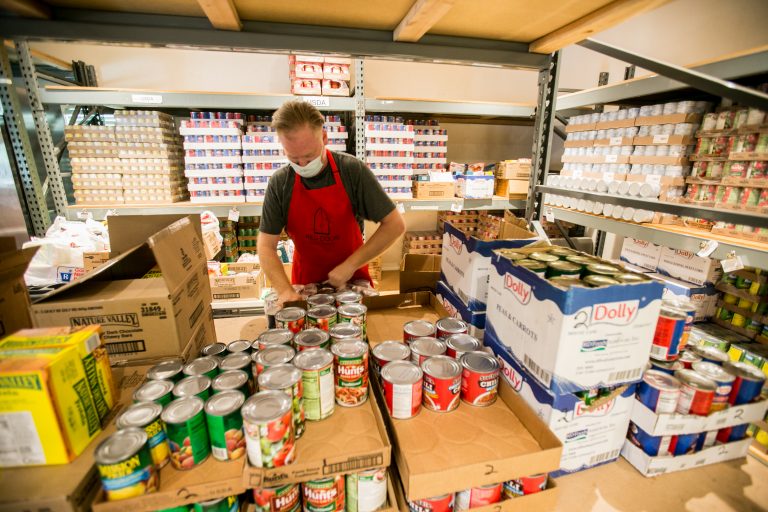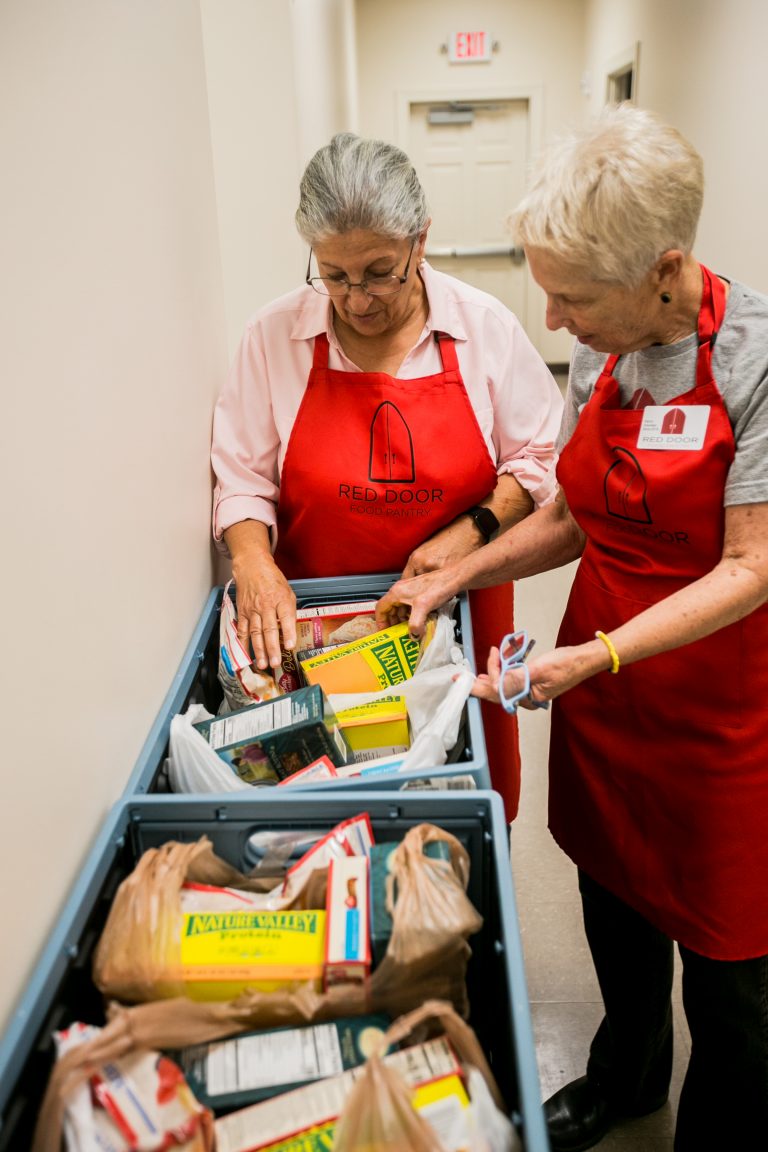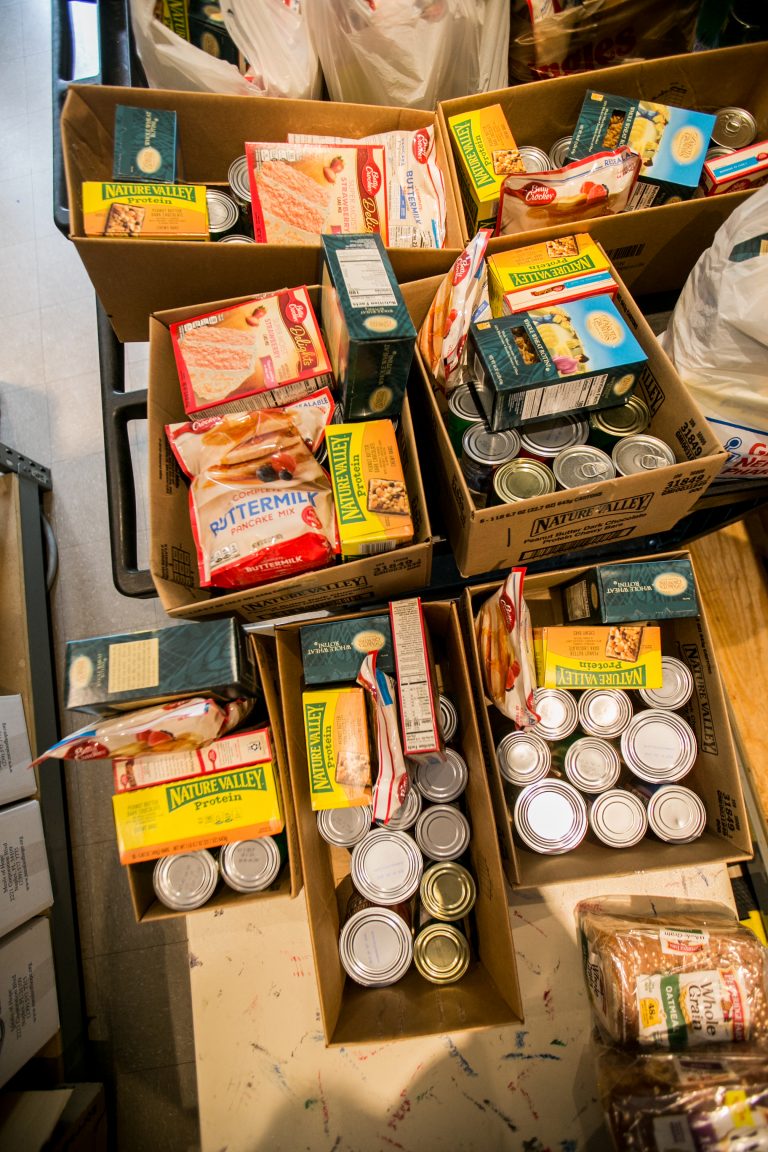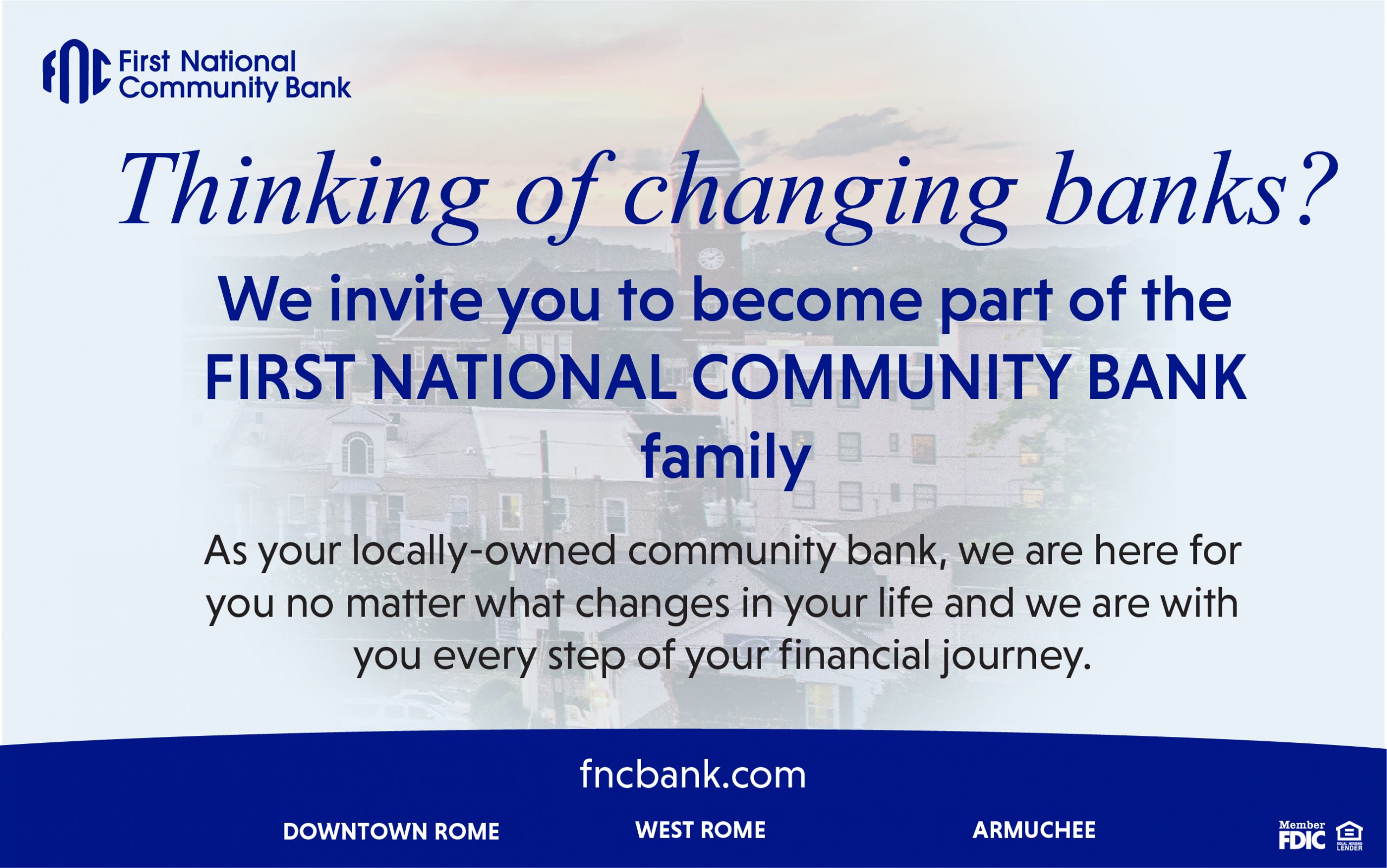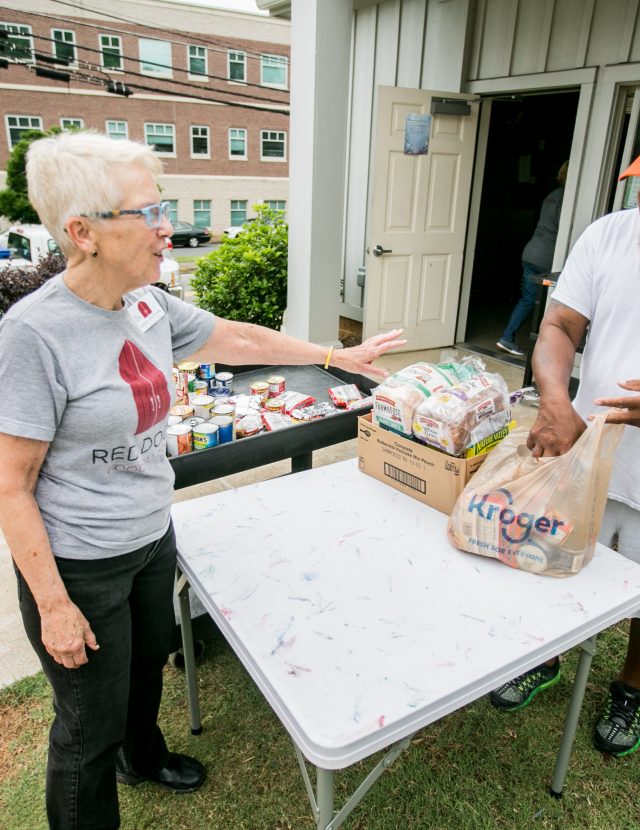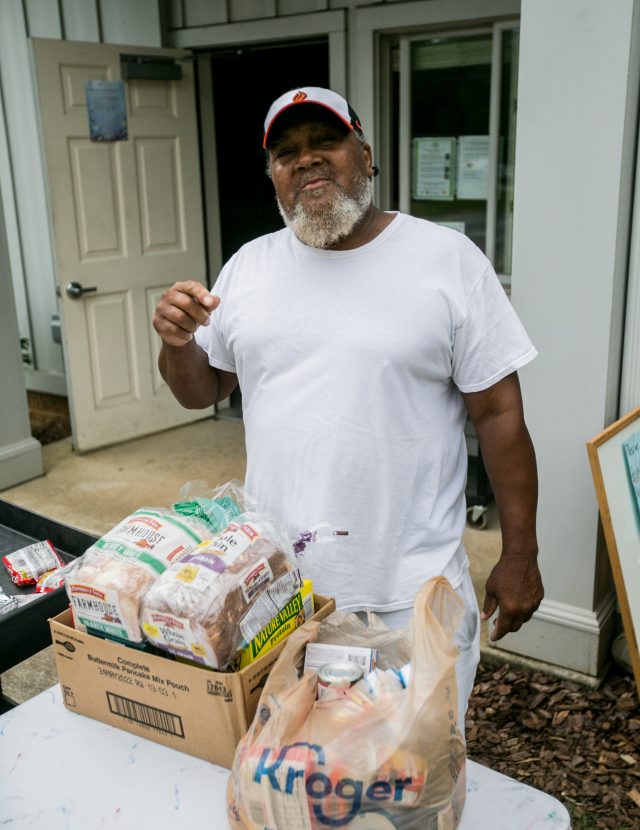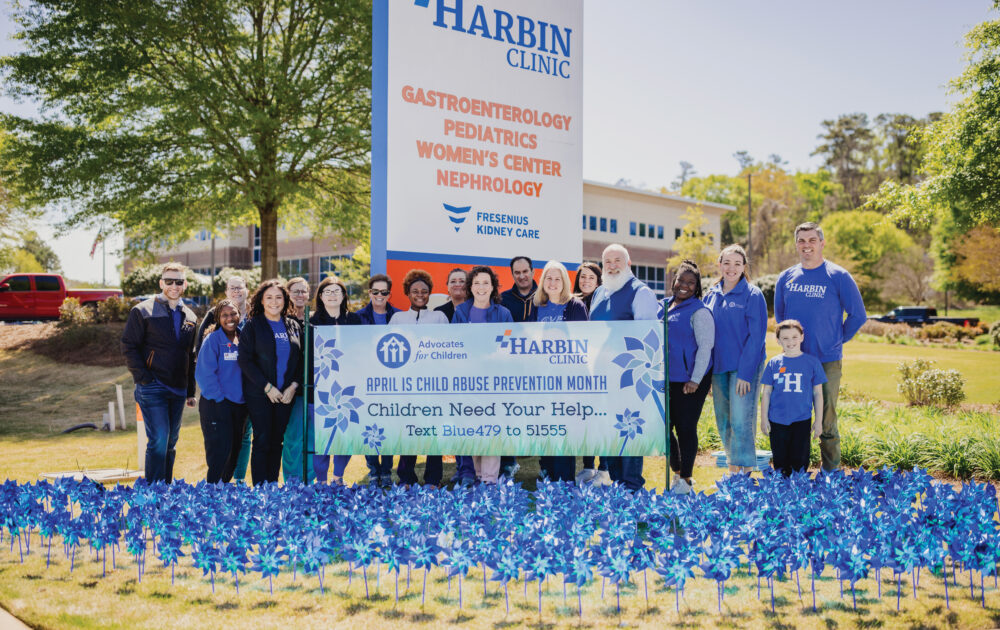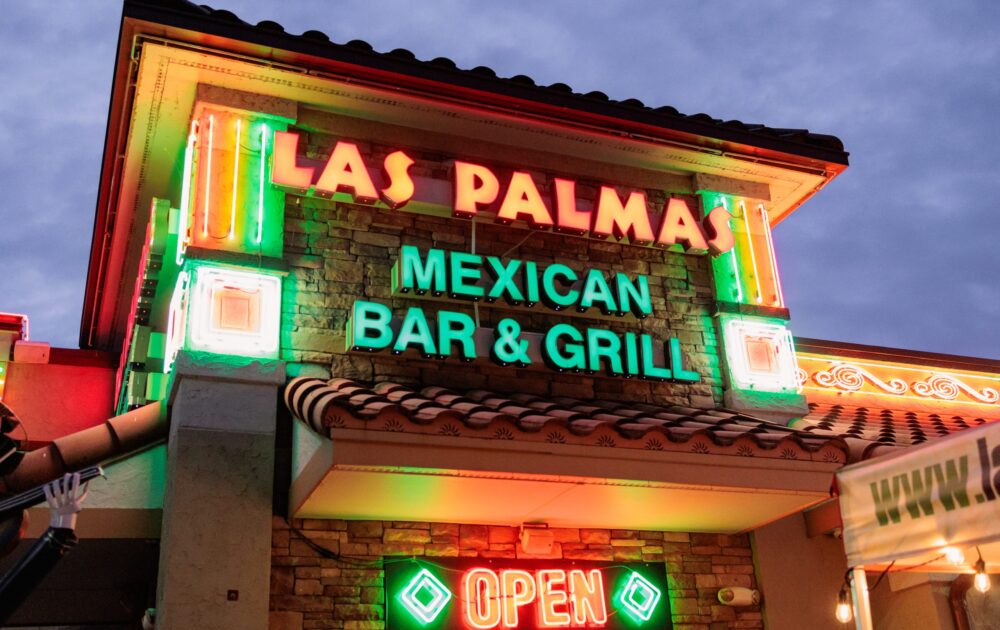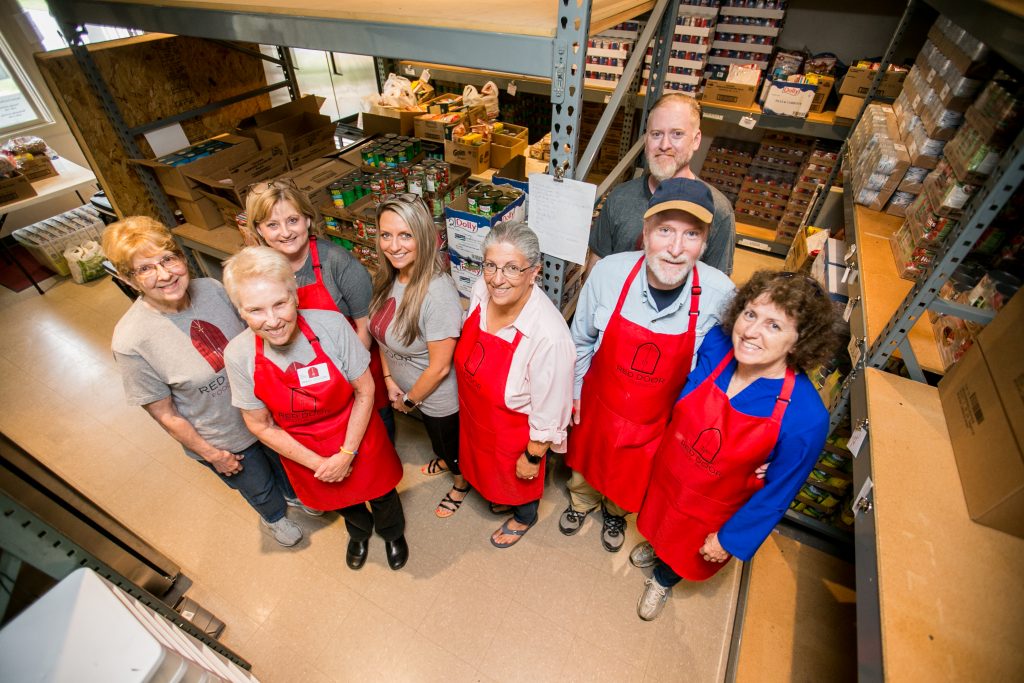
Photos Rob Smith
One unfortunate consequence of the tendency towards exaggeration is that important words and phrases lose their proper punch over time. For instance, what does “I’m starving” really mean? A cursory glance at the average American citizen will confirm such a statement is almost always hyperbolic. Few of us are starving in the literal sense.
However, that kind of overstatement does not negate the fact that many people in this country—and right here in Georgia, no less—live their daily lives in a state of nutritional deficit. The term is food insecurity, that is, a condition that leads to hunger. As the U.S. Department of Agriculture defines it, food insecurity is “a lack of consistent access to enough food for an active, healthy life.” It may be temporary or ongoing; it can be caused by a host of circumstances, such job loss, homelessness, mental illness, or substandard wages.
Whatever the reasons are, it manifests itself in the lives of different individuals on a sliding scale of severity. Food insecurity is that precarious state between just enough and not enough.
According to USA Facts, an organization that tracks governmental data from over 70 sources, 10.5% of American households were food-insecure in 2020. That’s approximately 38.29 million people. In that same year, the national homeless population grew to 580,466. And all of that was before the full economic brunt of the COVID pandemic.
Food insecurity is not necessarily the same thing as being hungry, which may be a transient experience. While the word hunger may be associated with an unpleasant physical sensation, it is distinct from the phrase food insecurity, which is as much about a deprived financial state as it is about nutrition. It comes down to a dearth of resources in a given household.
The challenge seems overwhelming, but it is being addressed on many fronts, both public and private. One of the grassroots volunteer organizations that is taking a bite out of local food insecurity is the Red Door Food Pantry.
Behind the red door
It’s an iconic sight on West Cherokee Avenue in Cartersville, Georgia: the light gray facade of The Episcopal Church of the Ascension, with its classic wood frame Prairie Gothic architecture, complete with a bright red front door. This charming old building has housed the congregation since 1873 (the church was established in 1844).
When the church founded their food pantry, it was literally that: a pantry. It was no more than a closet. As the nutritional challenges of the community grew, so did the work. Eventually, a room at the back of the church was renovated for the use of the food pantry. Warehouse shelves were installed for storage, a large freezer was brought in. It wasn’t long before that space became insufficient, too, so an adjacent room was converted for the ministry’s expansion.
In 2013, the Red Door Food Pantry began partnering with the Atlanta Community Food Bank (ACFB). That was a major step in extending their reach into Bartow County. The ACFB’s website explains, “We are the central hub in the fight against hunger in Atlanta and North Georgia. Our primary function is collecting and distributing donated food and goods and managing all the logistics and partner relationships that go with it.”
Monthly, the ACFB receives donations of nearly 9,000,000 pounds of food and grocery products from farmers, stores, distributors, individuals, and manufacturers. The Red Door Food Pantry is one of more than 700 different organizations and ministries that benefit from these donations across 29 counties in Georgia.
The Red Door Food Pantry is open to the public on Tuesdays from 5-7 p.m. and on Wednesdays from 9-11 a.m. The Tuesday evening team of volunteers is managed by Karen Tindall and the Wednesday morning shift is led by Nancy Haight. “Karen is really the driving force behind this whole thing,” Haight says. “She’ll deny it, but it’s true.”
Body and soul
This ministry is very much an extension of the outreach philosophy of The Episcopal Church of the Ascension. In describing the intersection of spiritual ministry and physical provision, the church’s 2021 Vestry Report quotes Jesus: “For I was hungry and you gave Me food, I was thirsty and you gave Me drink, I was a stranger and you welcomed Me, I was naked and you clothed Me, I was sick and you visited Me, I was in prison and you came to Me” (Matthew 25:35-36). The Red Door Food Pantry takes these words to heart quite literally. T
hat same 2021 report says their distribution of provisions was 501,594 pounds, given to 15,924 people in 13,355 households. That’s a tremendous jump from 2017, when the distribution was 78,669 pounds of provisions, given to 9.024 people in 3,089 households. Those statistics show the increase in need in Northwest Georgia. Of course, when someone picks up food at the Red Door Food Pantry, people of other households may share in those meals, so it stands to reason that the true number of people helped cannot be quantified, so that number could potentially be much higher.
The Vestry Report goes on to say, “the food pantry is now incorporated as a nonprofit corporation with the State of Georgia. The food pantry now has governing bylaws, and a board of directors has been selected, including church leadership, lay church members, and interested members of our greater community who have shown a dedicated commitment to our ministry and fidelity to our Christian faith.” However, it should be noted that food pantry volunteers do not need to be members of The Episcopal Church of the Ascension to work at the pantry.
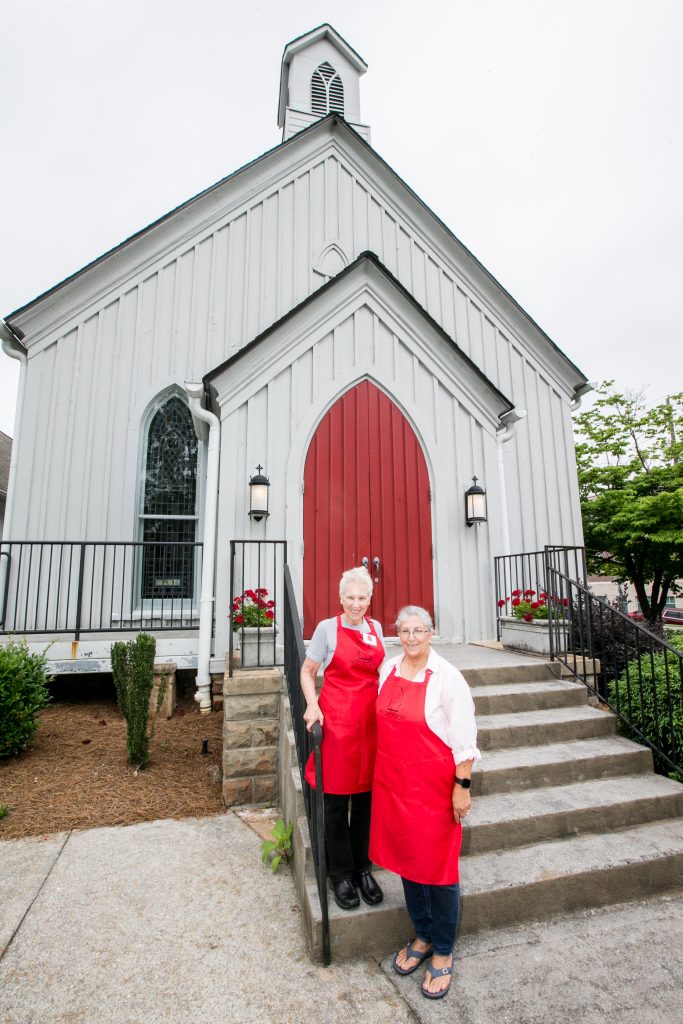
How it works
When someone wants to receive help from the pantry, they come to 201 W Cherokee Avenue in Cartersville (at the back parking lot of The Episcopal Church of the Ascension). There are two walk-up windows where people are served. At the first window a volunteer will ask for some basic personal identification information, then enter it into Red Door’s computer system. Then the person is given an identification card.
On future visits they will always present this card at that same window. The system keeps track of the frequency of the patrons’ visits. Recipients of distributions are allowed to come to the pantry every two weeks. At every visit, a guest is given a slip of paper at the first window; this paper tells what they are entitled to receive. The paper also has a note on it that says: “To find food pantry locations, text the words ‘Find Food’ to 888-976-2232.” This is an easy way for people to locate other charitable resources.
At the second walk-up window, the patron presents the slip of paper and is presented with a distribution of food, which often includes frozen meat. What is given varies, depending on donations. Sometimes there are more canned goods or things like peanut butter or boxed items such as cereal. Upon request, other household items and hygiene products may be available as well. For those who have children at home, an additional bag of food is given. This extra donation comes from the Georgia Nutritional Assistance Program (GNAP).
Like the regular distribution, this bag can be different items from visit to visit, depending on availability. “This extra bag from GNAP can mean a lot to people,” says Haight. “Since they can only come every other week, they really look forward to getting it.” All these distributions—both the regular ones and GNAP supplemental ones—are given as supplies last. Patrons are encouraged to arrive early at the distribution times.
For the homeless (or “unhoused patrons” as Red Door volunteers call them), special thought is given to providing food that does not require cooking or refrigeration. Individually wrapped items and foods with pop-tops are especially appreciated by these patrons, since they don’t typically have access to electric appliances or storage space.
Parishioners from Ascension donate reusable bags, which the patrons often bring back at every visit. These cloth/canvas bags are a welcome gift; they are much sturdier than disposable plastic bags, as well as more environmentally friendly. The reusable bags also don’t require double-bagging.
Helping hands
Food insecurity is not only a persistent problem, but also a complex problem. As it is caused by many factors, the solutions come from many sources. The Red Door Food Pantry benefits from the work of volunteers from other churches and civic organizations. One of those groups is BLESS Coalition. According to their website, BLESS Coalition is a “secular humanitarian non-profit focused on investing in our community to address the social and economic issues that exist in an effort to provide a hand to those struggling to improve their situation.”
BLESS fosters cooperation between different organizations to meet mutual goals in alleviating generational poverty. BLESS mobilizes volunteers to help unload the Red Door delivery truck every third Thursday of the month (a huge job), drive the truck, and provide organization and manpower for Red Door’s annual fundraiser gala (a MardiGras party). Haight says, “BLESS is so good to us. I don’t know what we’d do without them.”
Those interested in volunteering at Red Door may contact Karen Tindall at:



